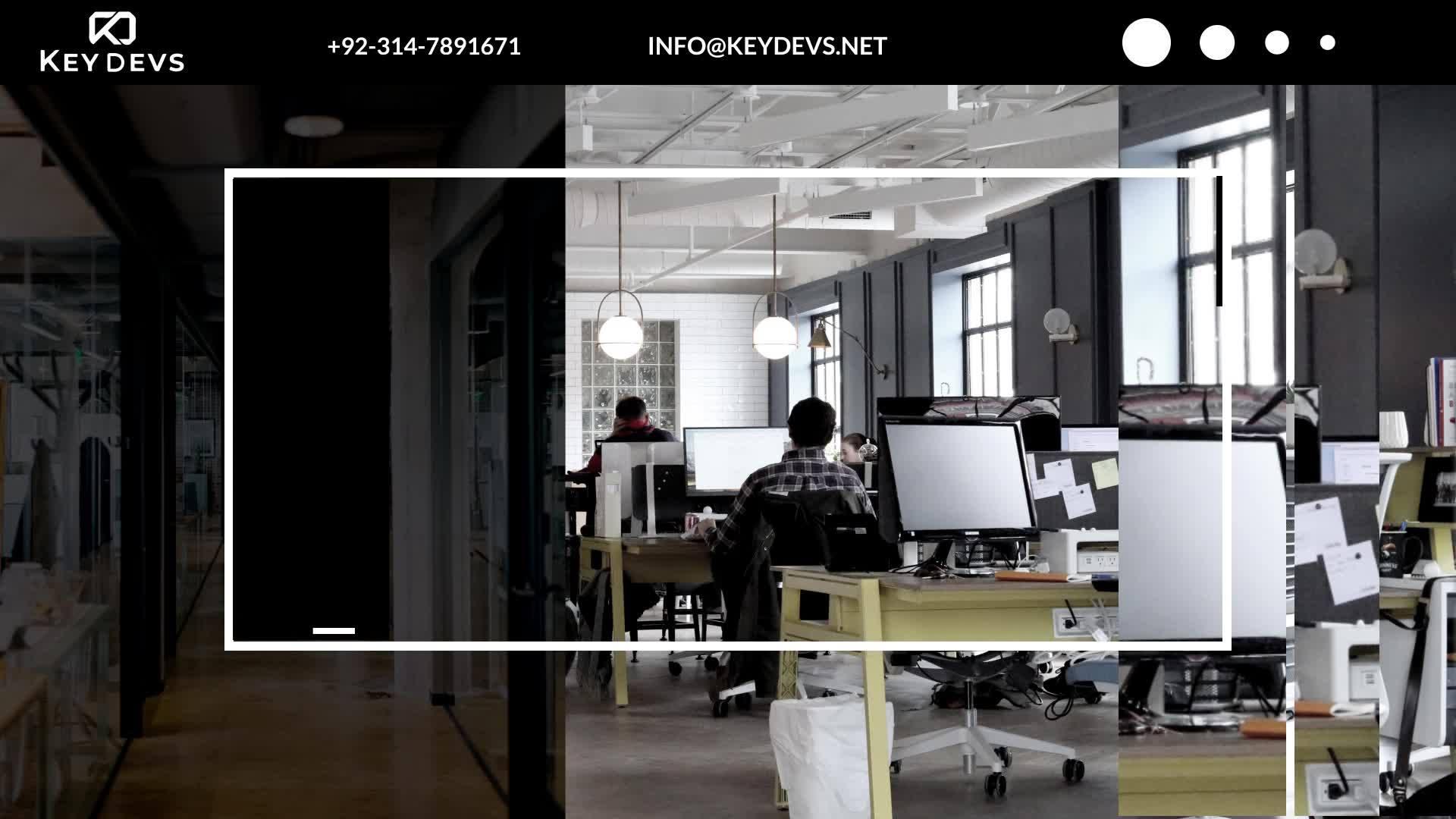The lessons of the subprime mortgage crisis are obvious: If you have an adjustable-rate mortgage, refinancing to a fixed-rate home loan is a smart move. The sooner you act, the less likely you'll get caught between rising interest rates and declining home values.
Homeowners who are carrying an adjustable-rate mortgage (ARM) have felt the pain of declining home values during the past year. Traditionally, people have chosen ARMs because the loan's low teaser interest rate allowed them to take a fairly sizable mortgage with affordable monthly payments. When the introductory period ended, homeowners simply initiated another mortgage refinance.
This strategy worked beautifully until home values started to drop. That's when homeowners who were considering refinancing found themselves in a tough spot. Without enough equity, they were powerless to qualify for another loan. Now, the Federal Reserve may be considering rate increases, which could make getting a mortgage refinance even more difficult.
Effect of dwindling housing prices
Home equity is the secret ingredient when it comes to home mortgages. If you have equity in your property, a bank or credit union is far more likely to grant you a home loan. Because the debt is secured by your home, the financial institution's risk is mitigated, and they're more willing to lend money.
The precipitous drop of home values eroded the ability of borrowers to qualify for a new loan. Because any gain in equity was simply the result of a red-hot housing market, lenders had based previous loan qualifications on the appreciating value of homes. When the housing market tanked, homeowners lost their meal ticket for mortgage refinancing.
Rate hikes in the future
Stuck with their ARMs, many homeowners have decided to wait for home prices to rebound, hoping that they can tread water in the interim. Unfortunately, the Federal Reserve may circumvent those plans.
As inflation begins to slowly rise, the Federal Reserve may be forced to raise interest rates. By tightening the money supply, the banks and credit unions that are already in the midst of a liquidity crunch will be far less likely to approve loans. In addition, a rate hike may cause a refinanced mortgage to be too expensive for a cash-strapped homeowner.
Build equity, wait it out
For a homeowner carrying an ARM, there are no simple solutions to the problem. One potential remedy is to generate a number of home improvements that will boost your property's value. Another is to renegotiate the loan terms with your lender. Many are happy to receive some sort of payment as opposed to being stuck with a foreclosed property.
The call to ARMs has gone silent as of late. The slump in home prices has dried up the mortgage refinance market. Adding insult to injury, the Federal Reserve may need to raise interest rates to quell inflation. If you have an ARM, try to refinance as soon as possible. Otherwise, you'll have to sit on the sidelines and wait for this housing market to finally hit bottom.
Further information:
- Mortgage refinance FAQ
- Mortgage refinance
- Fannie Mae
- FHA Streamline Refinance
- VA Loans
- Jumbo Loans
- Documents you need for a mortgage refinance





